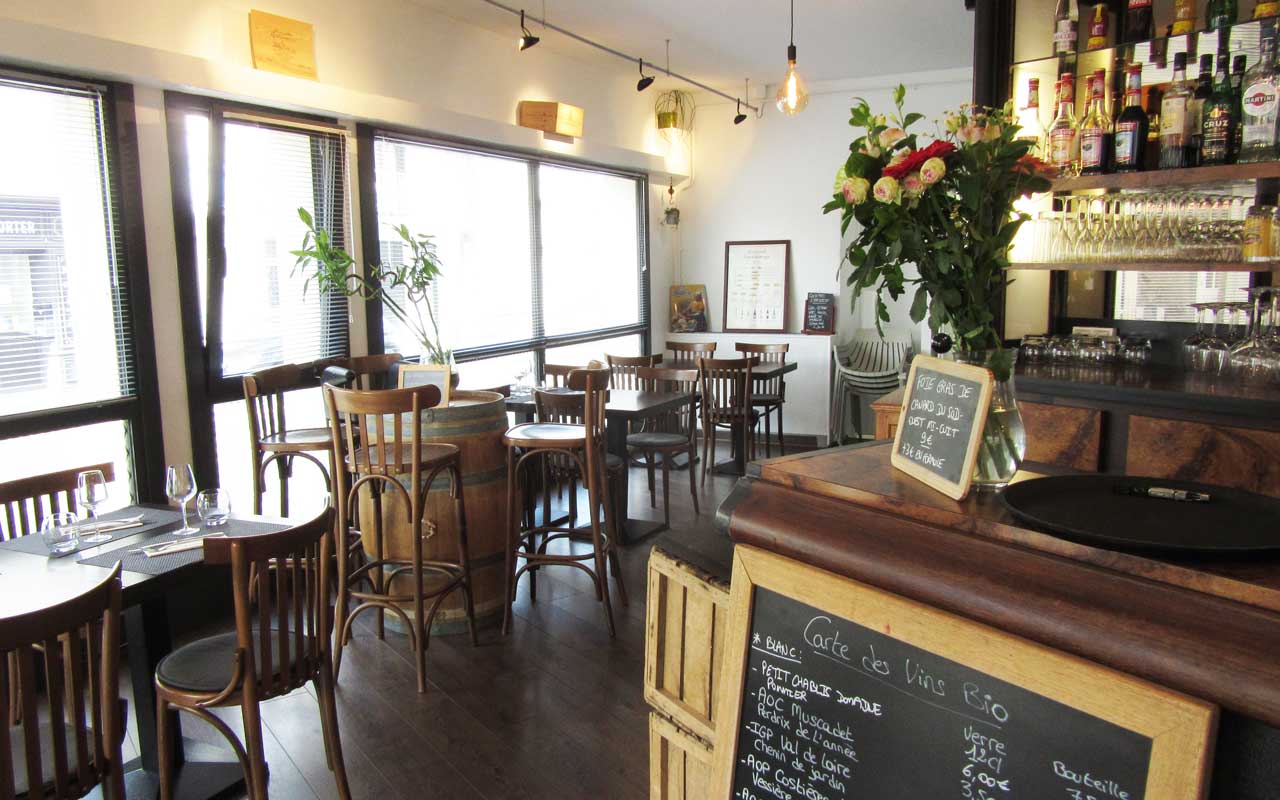Vendée
WELCOME TO Vendée
Entry Into Department
La Roche-sur-Yon
6,720 km2
700,000
French
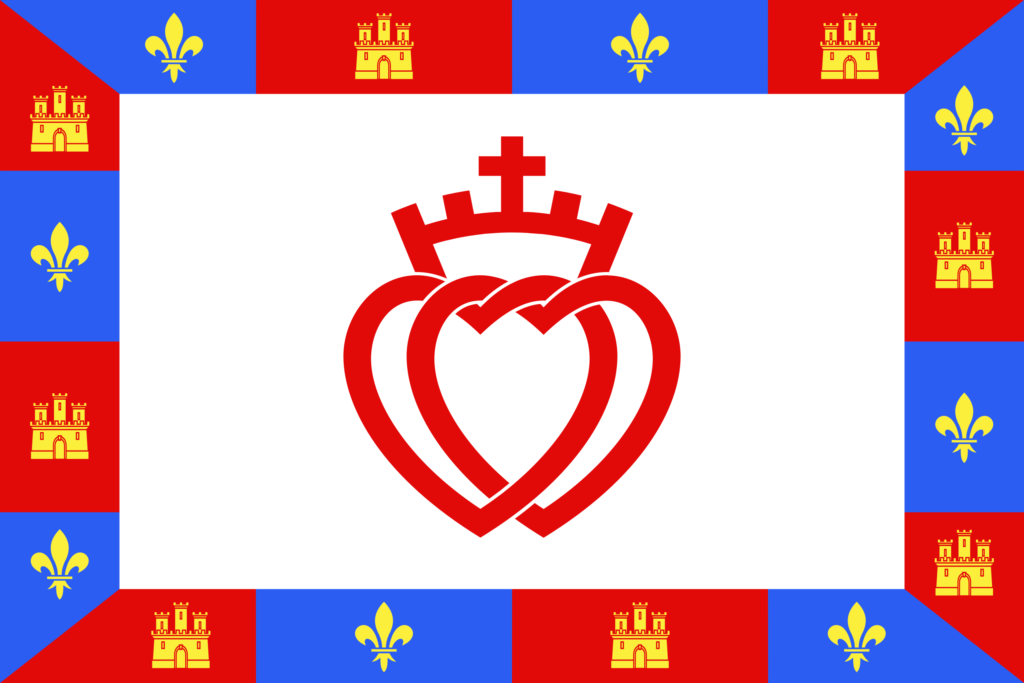
Popular
Geography and Tourist Attractions
Information about the canton's tourist attractions, including popular destinations, events, and activities.
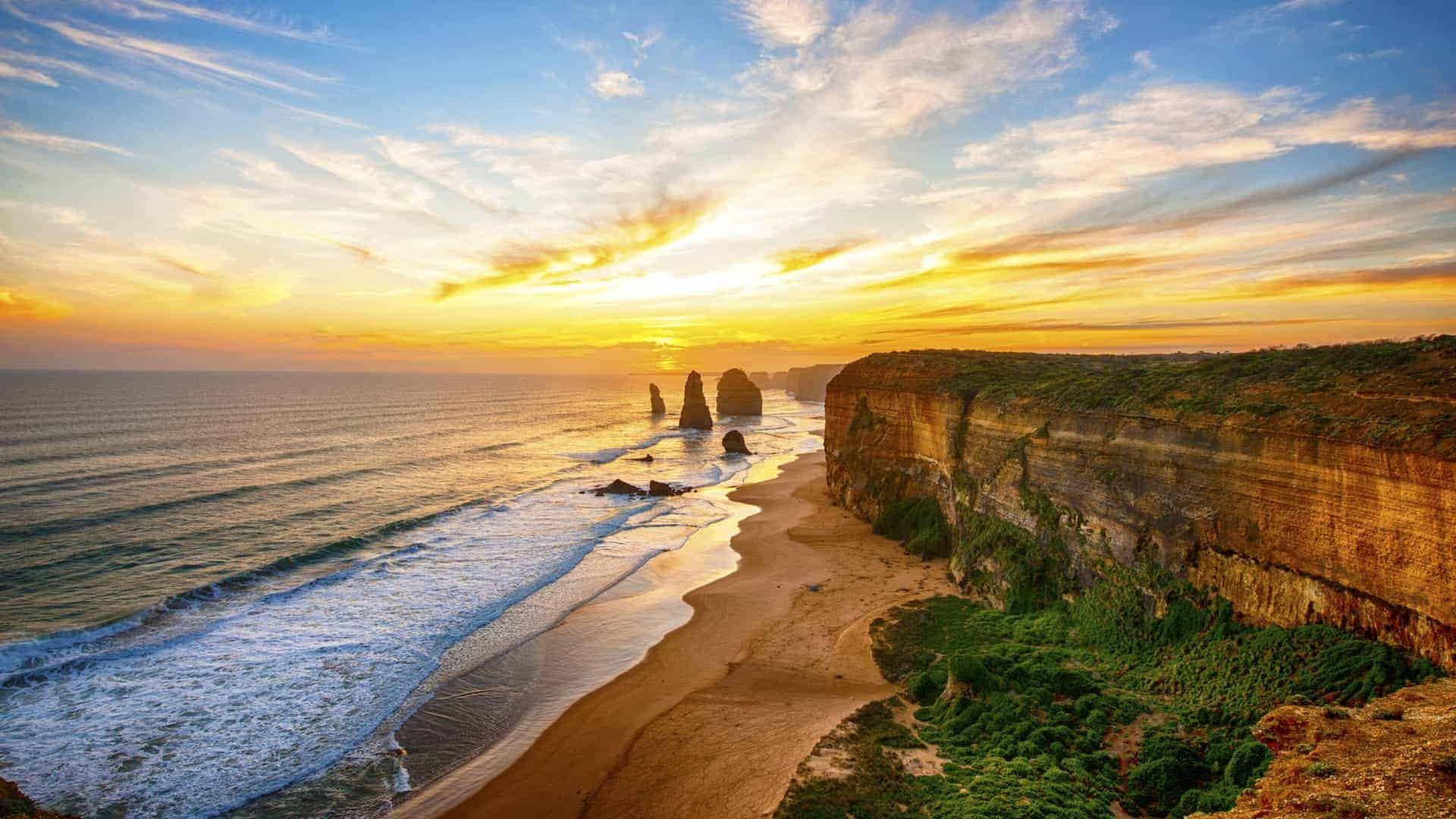
Coastal landscapes
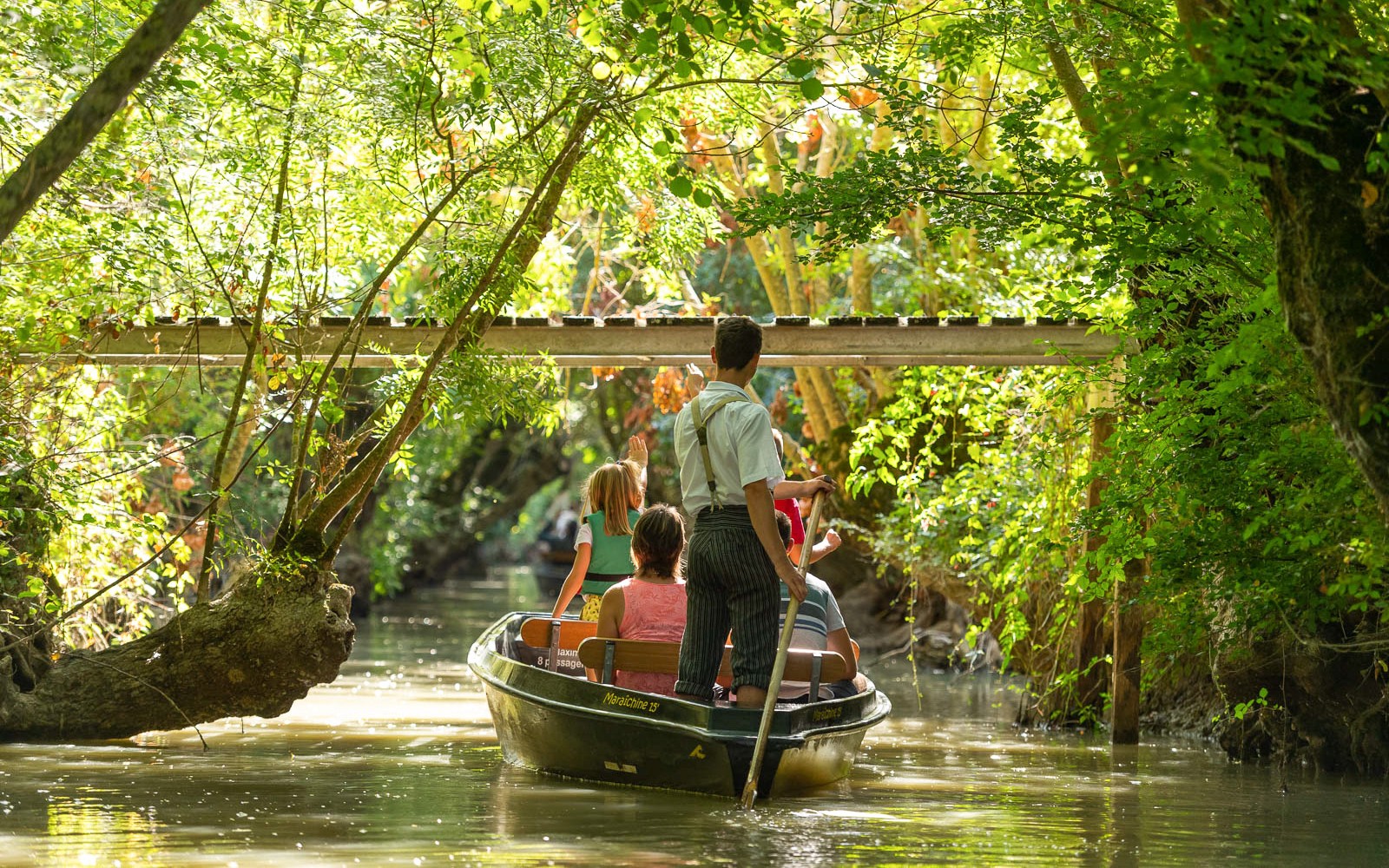
Marais Poitevin
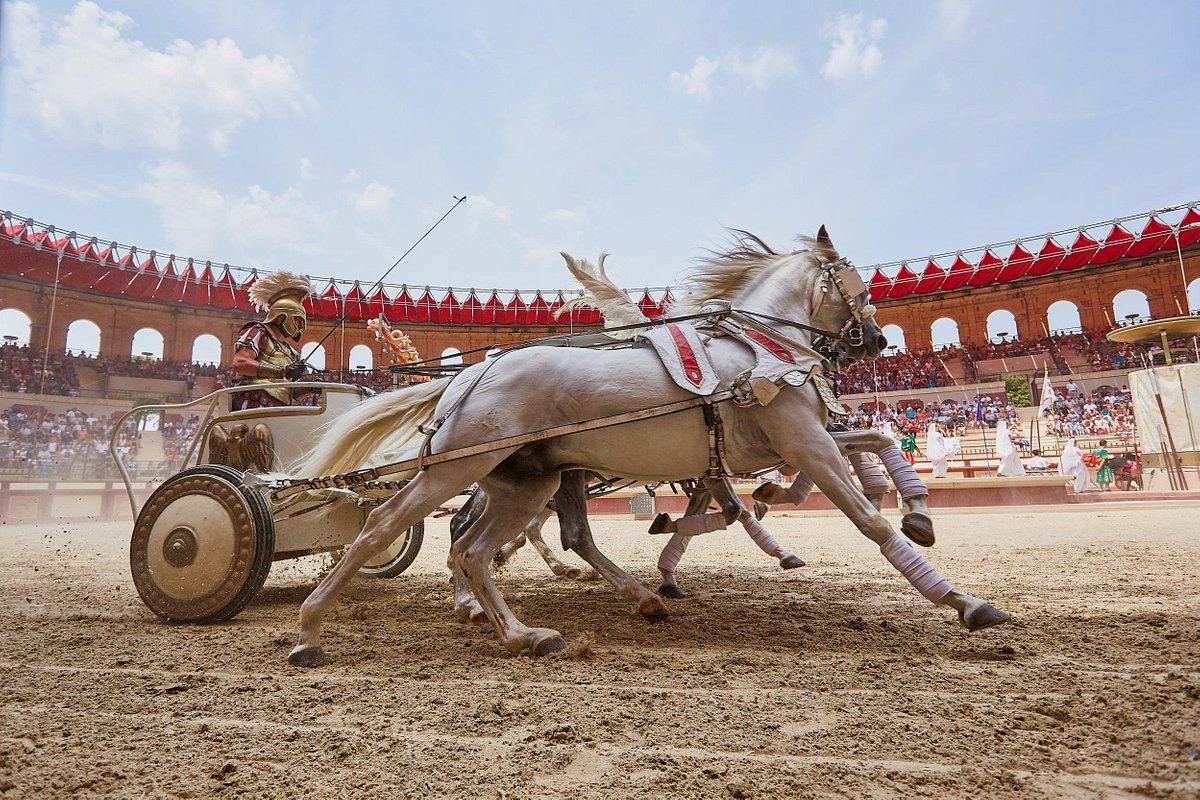
Puy du Fou
Political
Economy and Government
Vendée has a diversified economy that is centered on a few key sectors, including tourism, agriculture, and industry. The region's natural beauty and rich history make it a popular destination for visitors, and the tourism industry is a major contributor to the local economy. The agricultural sector is also significant, with crops like cereals, vegetables, and fruits, as well as dairy and meat production. The region also has a strong industrial presence, particularly in the food processing, mechanical engineering, and shipbuilding sectors.
The local government of Vendée is overseen by a departmental council, which is responsible for managing the region's budget and overseeing its administrative functions. The council is made up of elected officials who serve six-year terms and are responsible for a range of duties, including economic development, social welfare, and environmental protection. The departmental council is also responsible for managing local infrastructure, such as roads, public transportation, and waste management.
At the national level, Vendée is represented in the French government by three elected representatives in the National Assembly and two in the Senate. The region is also part of the Pays de la Loire region, which has its own regional council and government. Overall, Vendée has a stable and well-managed government that supports economic growth and quality of life for its residents.
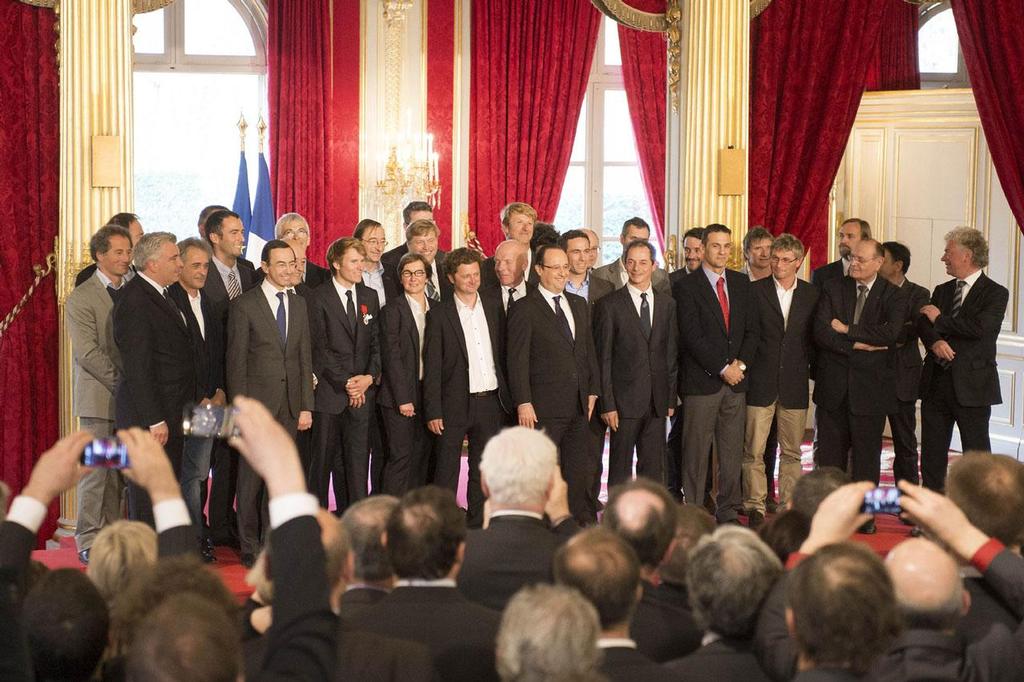
History
History and Culture
Vendée has a rich and complex history that has shaped its unique culture and traditions. The region is known for its strong sense of identity and independence, which can be traced back to events like the Vendée Wars, a series of conflicts that took place in the late 18th century and were fought between local royalist forces and revolutionary armies.
Despite the turbulence of its past, Vendée has a rich cultural heritage that is celebrated through its festivals, museums, and landmarks. The region is known for its traditional music, dance, and crafts, as well as its culinary specialties, which include seafood, salt, and wine.
Vendée is also home to many historic sites and landmarks that provide insight into its past, including the Château de Tiffauges, a medieval fortress that dates back to the 11th century, and the Logis de la Chabotterie, a historic mansion that played a key role in the Vendée Wars.
Overall, Vendée's history and culture are an important part of its identity and a source of pride for its residents. The region's unique heritage is a key draw for visitors, who come to experience its beauty, charm, and rich cultural offerings.
HOTELS
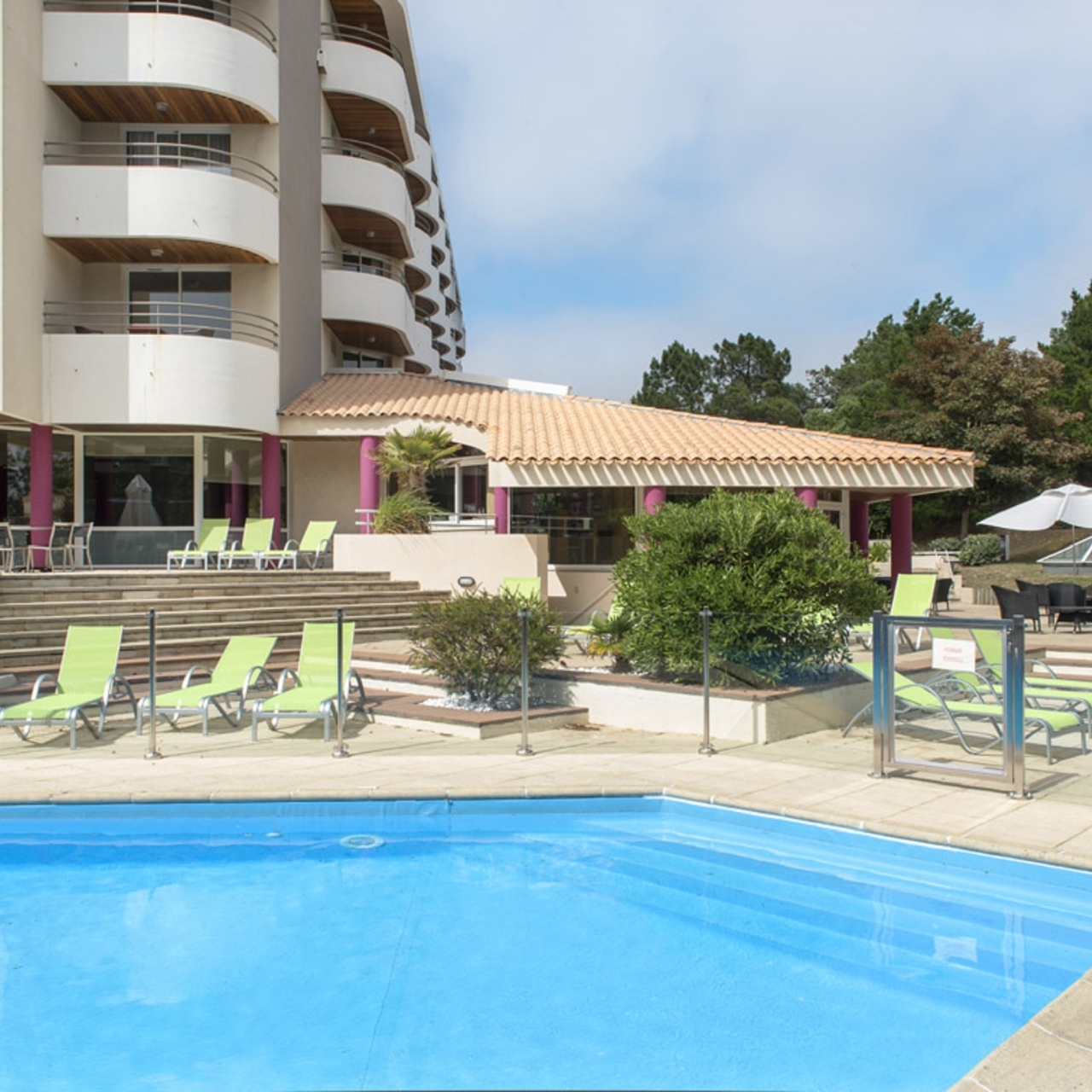
Hôtel Atlantic Thalasso & Spa Valdys
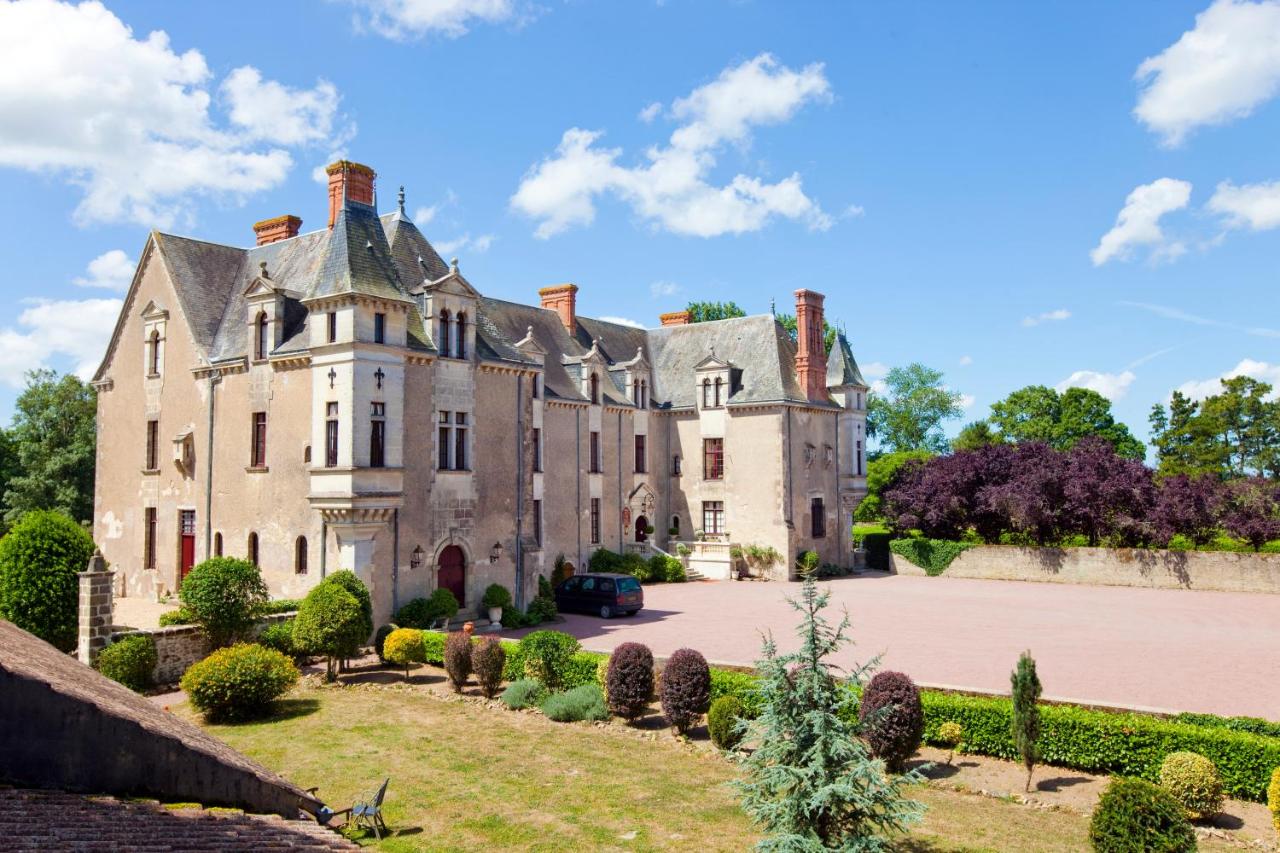
Château de la Verie
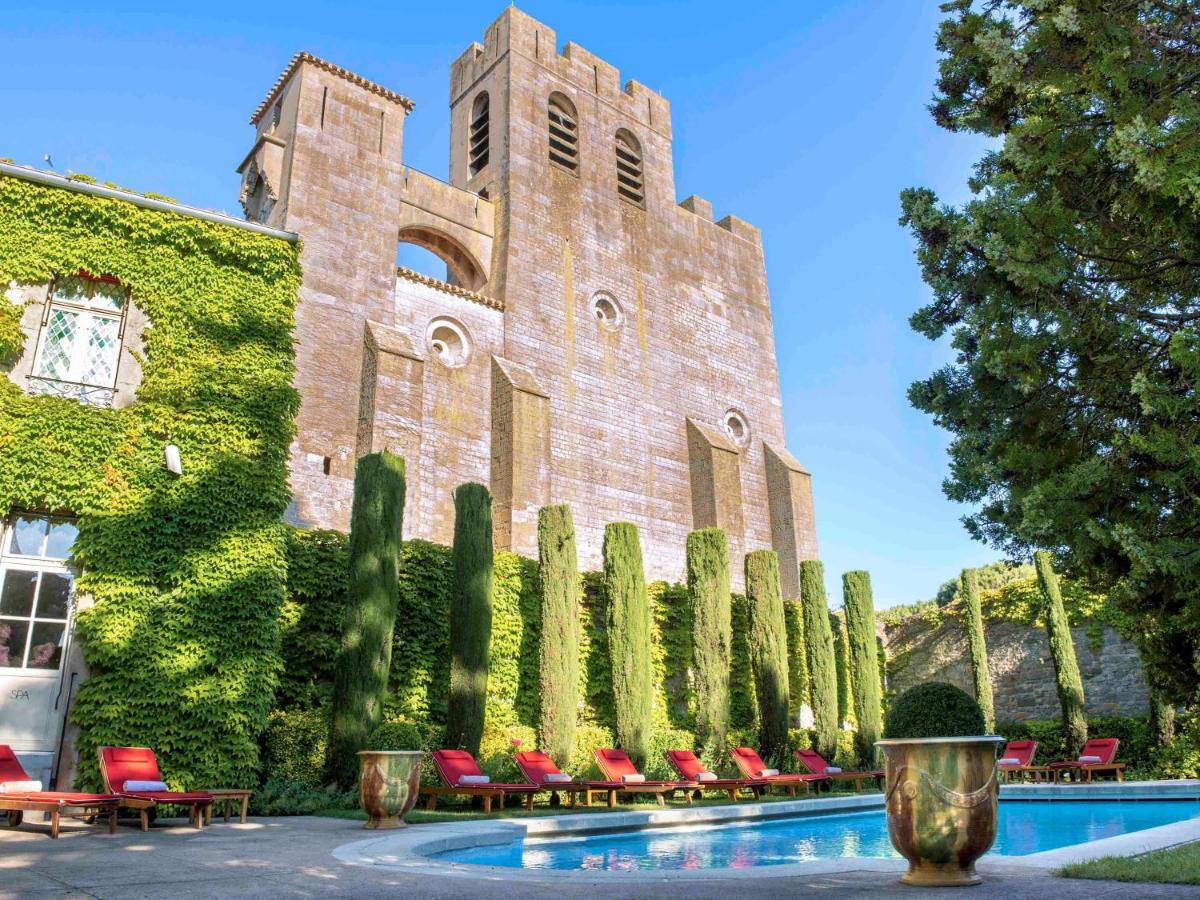
Hôtel de la Cité
RESTAURANTS
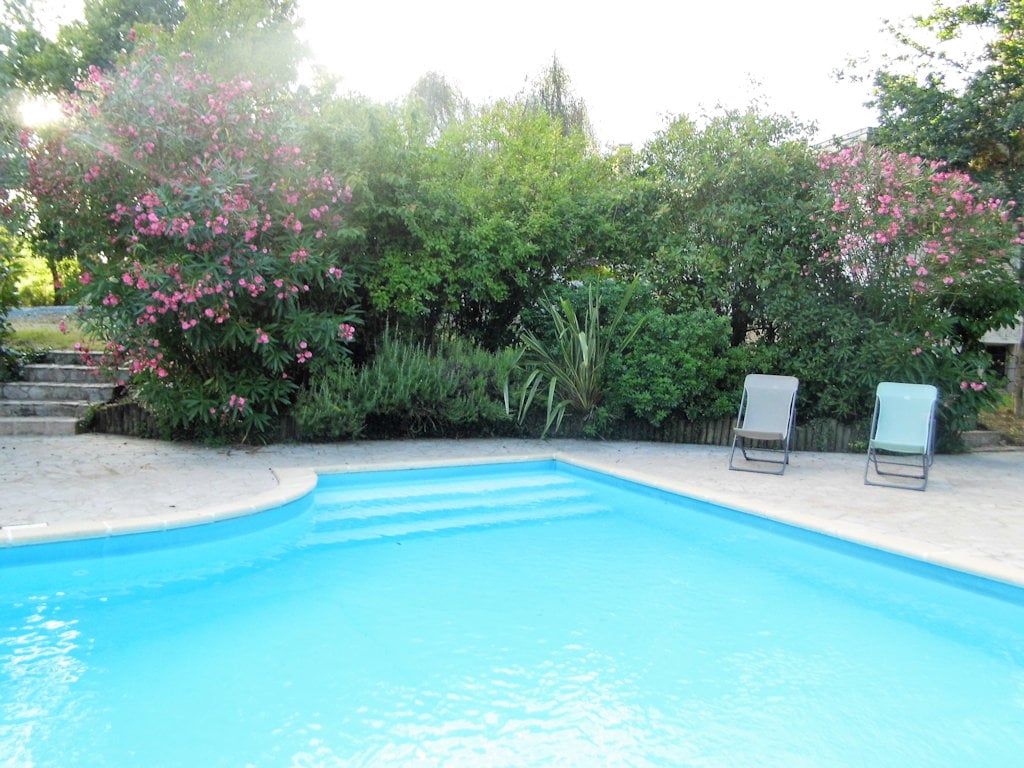
Le Petit Bonheur
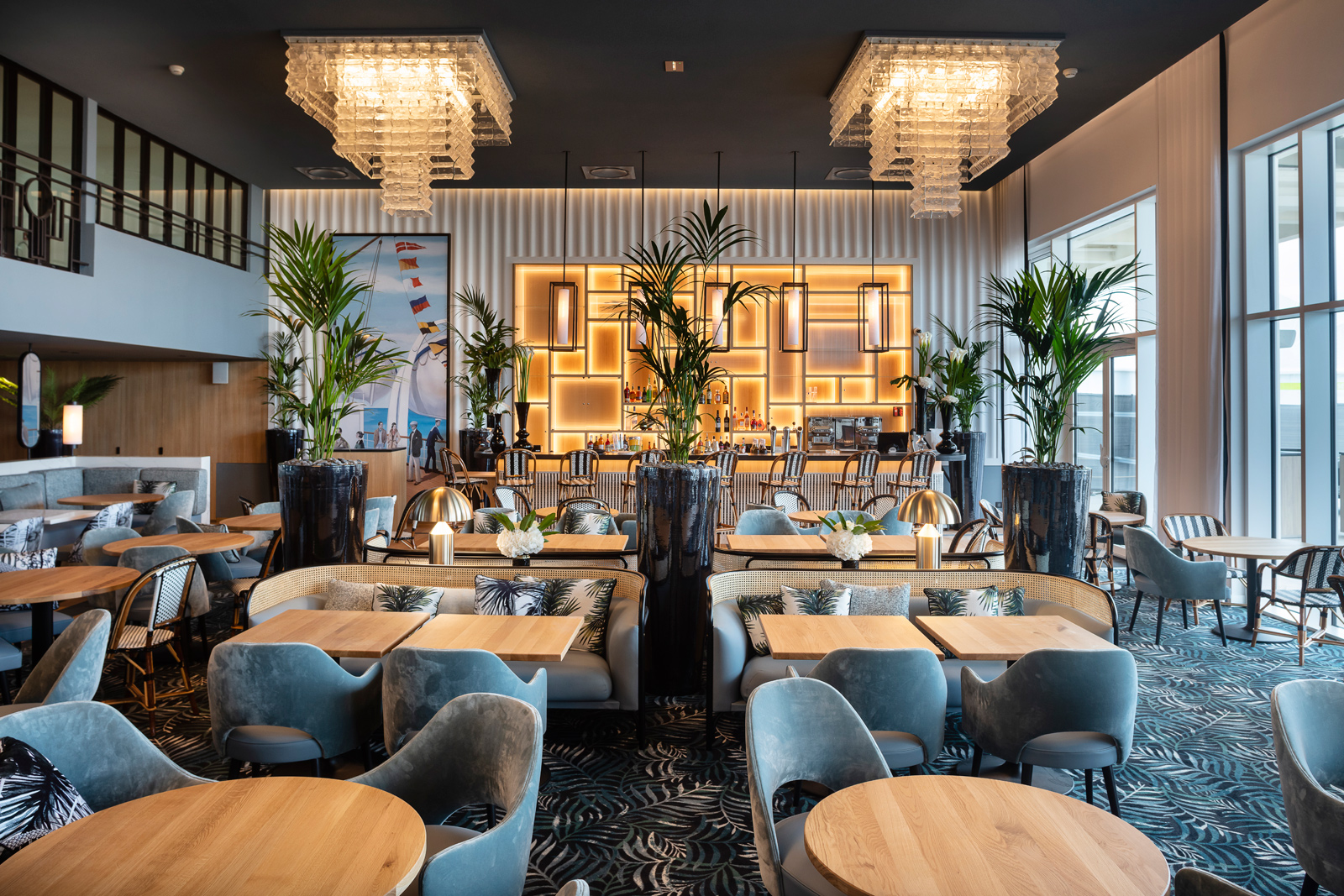
La Table de l'Atlantique
